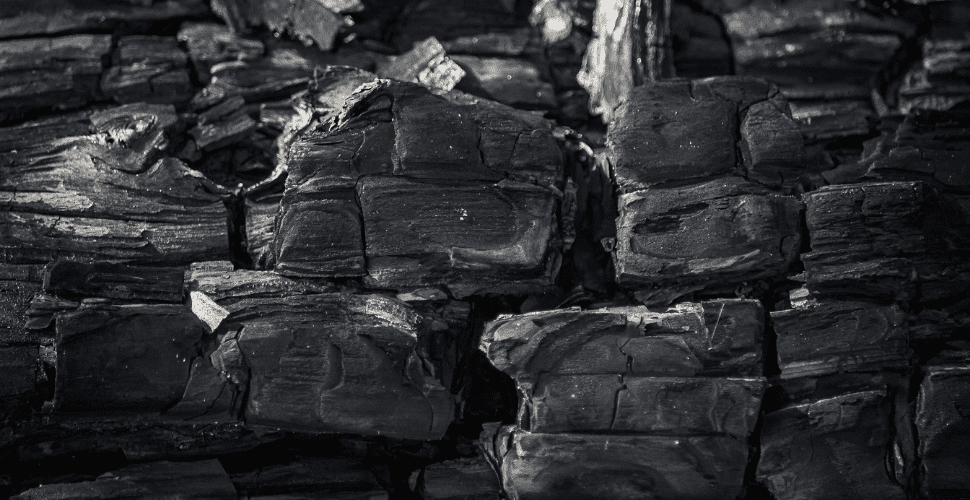Brazil is the world leader in charcoal production, according to the most recent available data from the U.N. Food and Agriculture Organization (FAO). But behind this industry’s success are workers enduring slave-like conditions and native forests being illegally destroyed.
Since 1995, around 2,830 people have been found working in the Brazilian charcoal industry in conditions amounting to modern slavery, according to data from DETRAE, Brazil’s anti-slavery department. Between 2020 and 2021, there was a 40% rise in the number of charcoal workers who were intercepted in “rescue operations”.
18-hour shifts for Brazil’s charcoal workers
On December 6, inspectors from Brazil’s anti-slavery mobile enforcement group found and removed 12 charcoal workers from deplorable conditions. Thomson Reuters Foundation joined the operation and revealed the stark reality of the sites in a recent feature article.
At three different sites, the group found workers living in decrepit buildings. In one building, the workers had tried to block the holes in the walls with plastic to stop scorpions from getting in. On another site, workers slept beneath a wasp nest in a small brick house with no electricity, clean water or functioning bathrooms.
Some of the workers said they worked from 4 am until 10 pm, feeding illegally cut logs into charcoal kilns.
“I’ve never seen anything like it – it (shows) complete neglect… Everything was wrong in that place,” said Marcelo Campos, who led the operation.
In Brazil, workers who are found in such operations are granted three months of unemployment insurance which amounts to around $187.68 per month. Labor prosecutors and public defenders also endeavor to secure compensation for workers from employers.
Beyond these apparent rescue operations and providing short-term financial support, Freedom United calls on governments to address the systemic inequalities which perpetuate exploitation and reduce people’s livelihood options as a means of sustainably tackling modern slavery.
What’s behind the recent rise in recorded cases of modern slavery?
Steel mills are among charcoal’s principal buyers. Reuters reports on how changes in the market have affected working conditions over the last two decades.
Around 2004, Brazil’s steel sector tried to introduce self-regulation, as mills were increasingly concerned about buying charcoal produced with slave labor, said Mercia Silva of InPACTO, a supply chain-monitoring non-profit in Brazil.
They started an initiative to track where charcoal was purchased, and slavery cases fell. But a decade later, a crisis caused by tougher competition from Chinese-made steel put a stop to that effort, said Silva.
Meanwhile, the charcoal price increased, which led more farms to set up production sites. […] In 2021, about 40% more workers were rescued from charcoal production sites than in 2020, said Krepsky [the head of DETRAE], who attributed the rise to the current high charcoal price.
This year, 66 workers were found in slavery-like conditions at just one site, something not seen for a decade, he added.
The environmental impact of the charcoal industry
The charcoal industry has also received heavy criticism over reports of its dependence on illegal deforestation. Roberto Kishinami, energy coordinator at Brazil’s Institute for Climate and Society, said: “We do not consider charcoal as sustainable because charcoal from reforestation and from native forests mix, and … there is no control process in the steel industry for it.”
The wood fuel sector is a key driver of global greenhouse gas emissions. Estimates put its contribution to the total emissions from human activity at around 7%, according to FAO data.







Freedom United is interested in hearing from our community and welcomes relevant, informed comments, advice, and insights that advance the conversation around our campaigns and advocacy. We value inclusivity and respect within our community. To be approved, your comments should be civil.